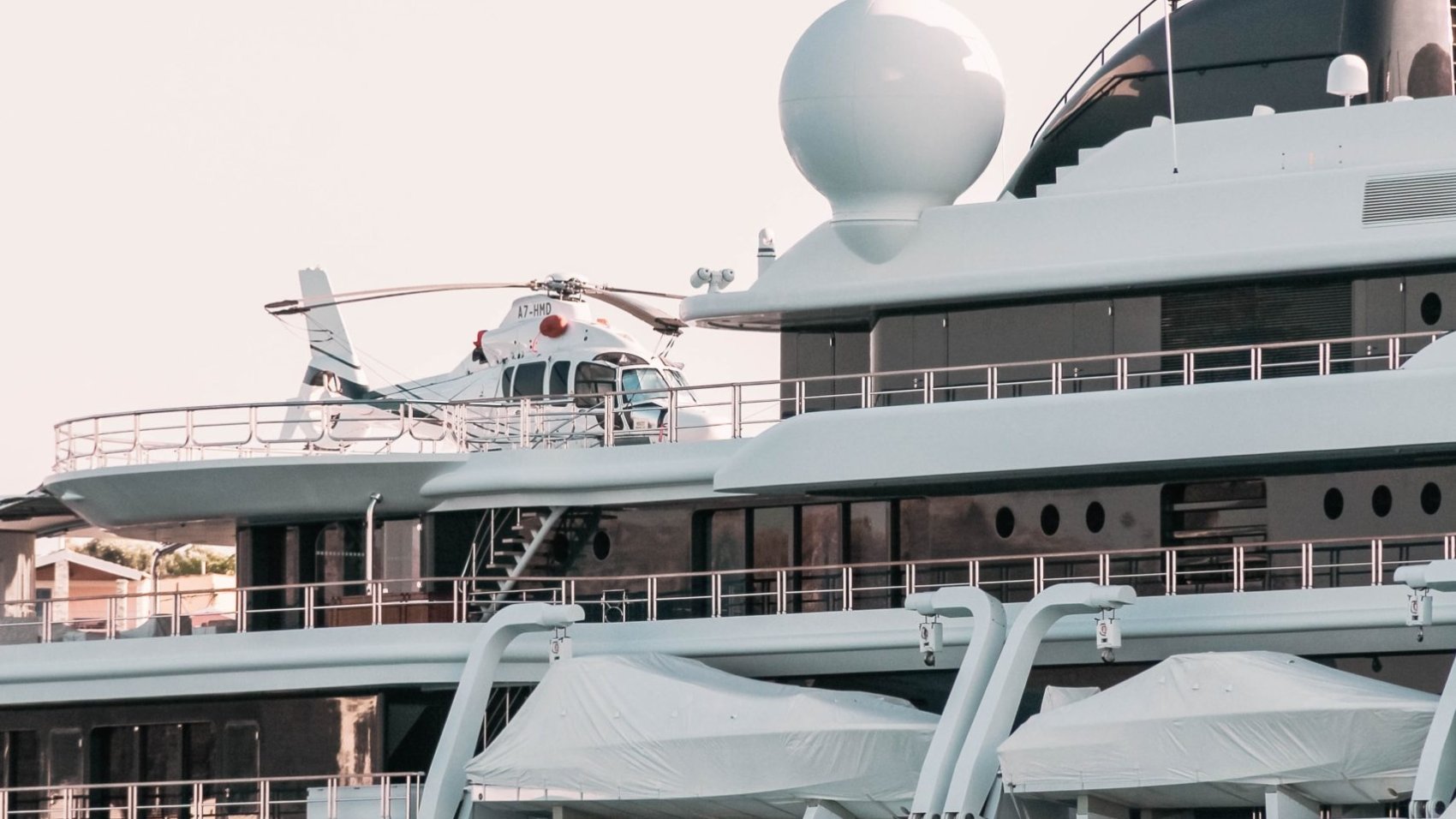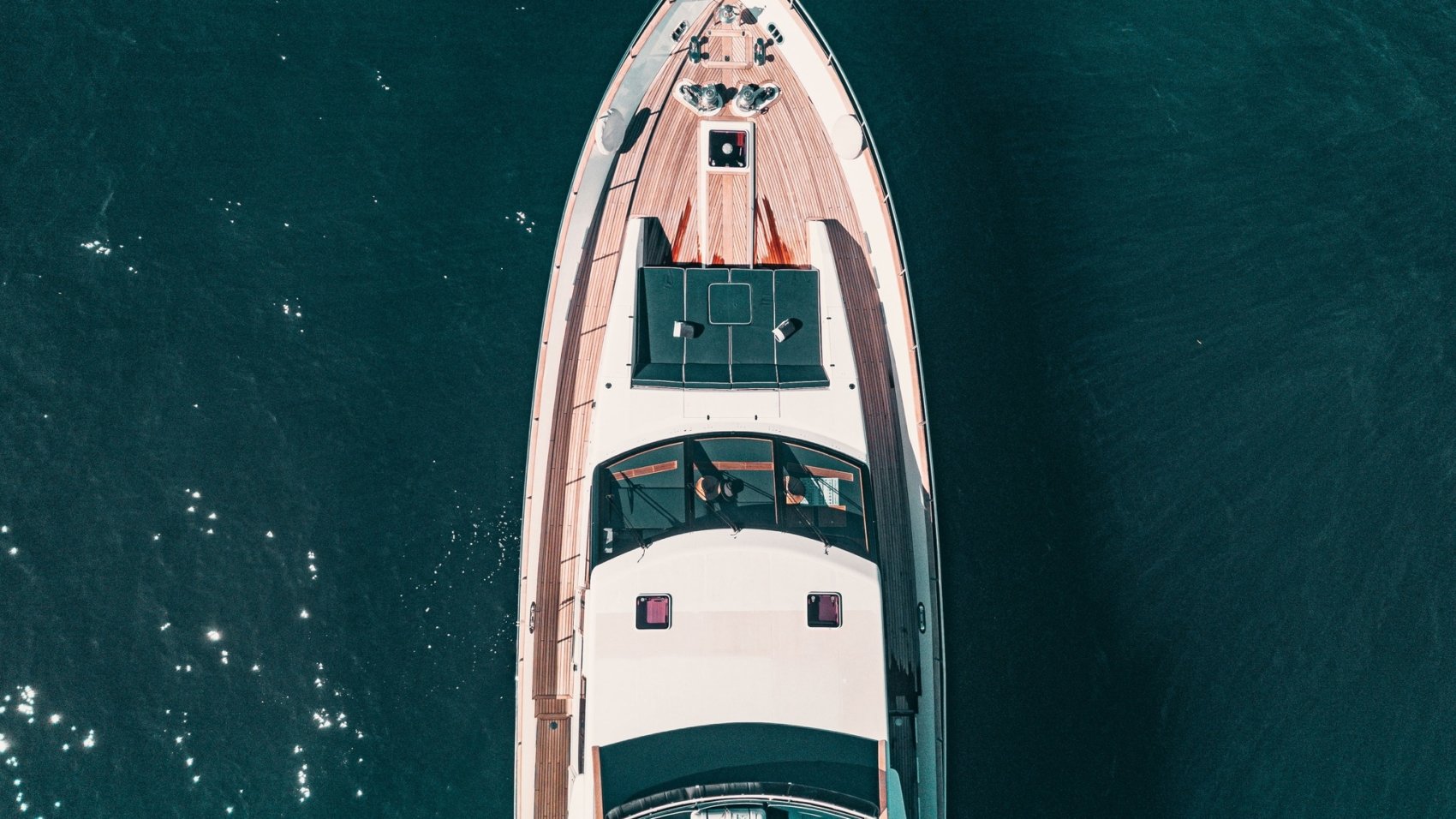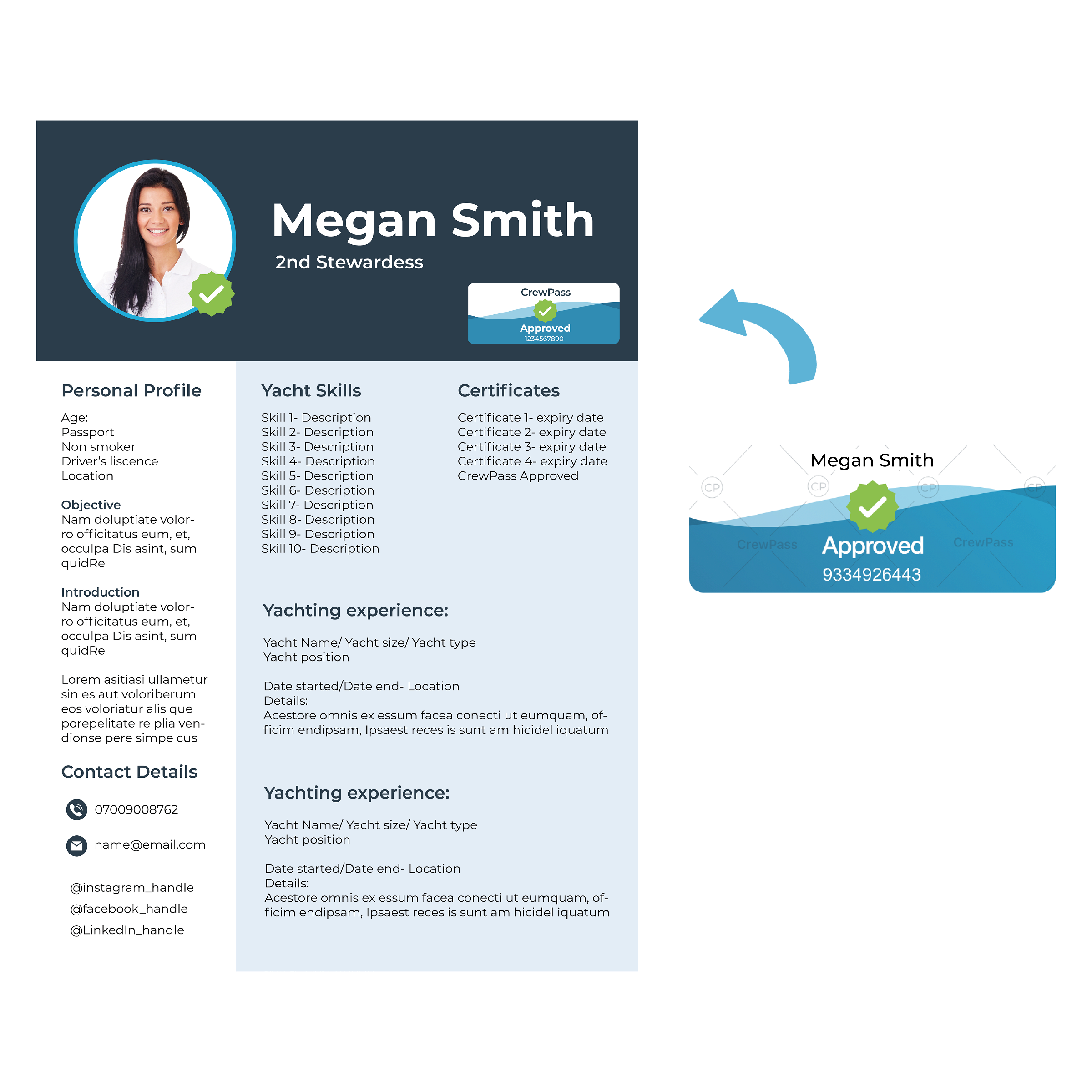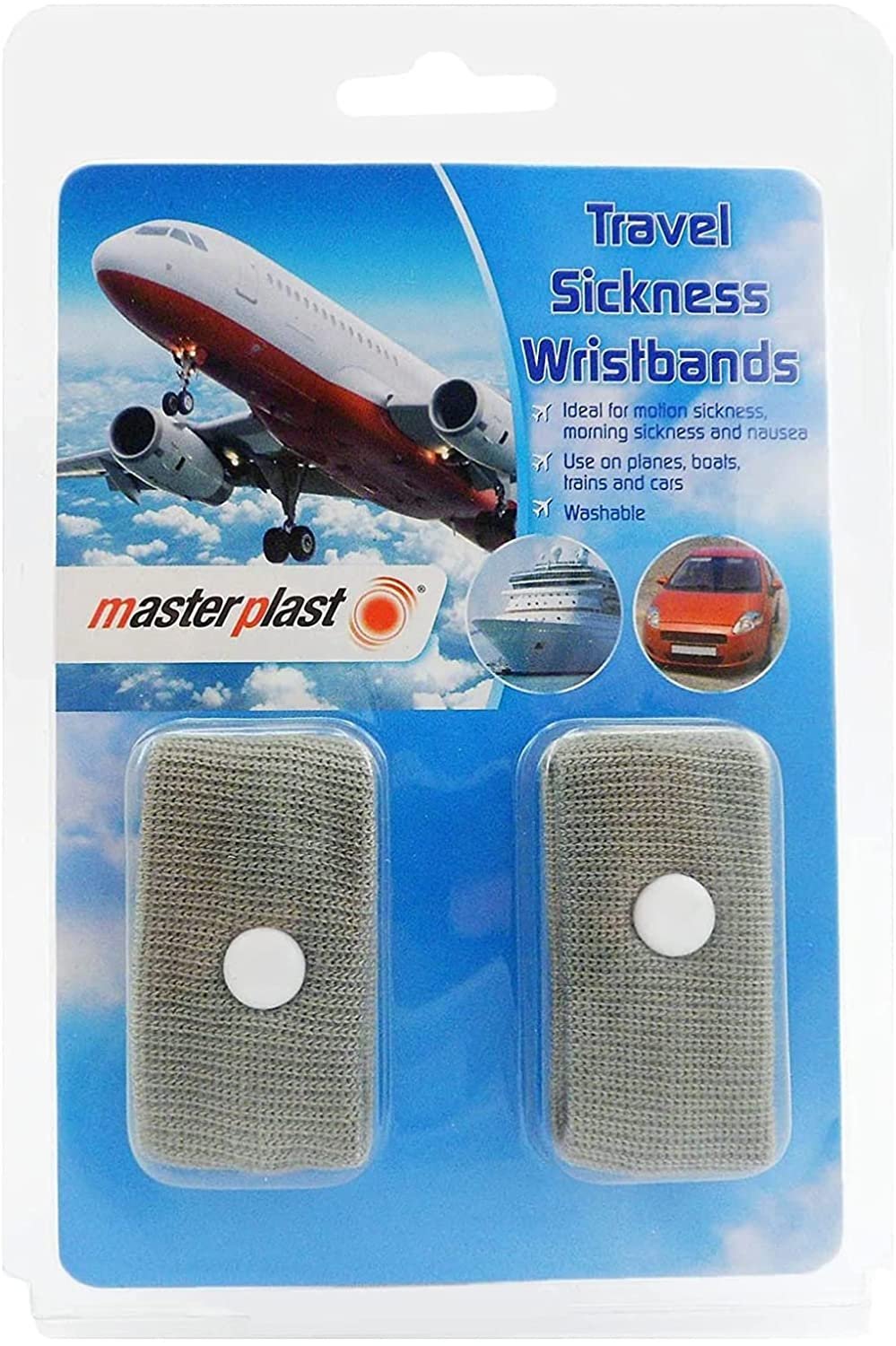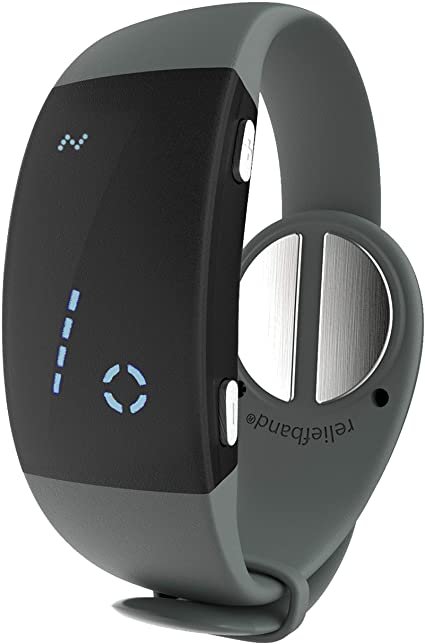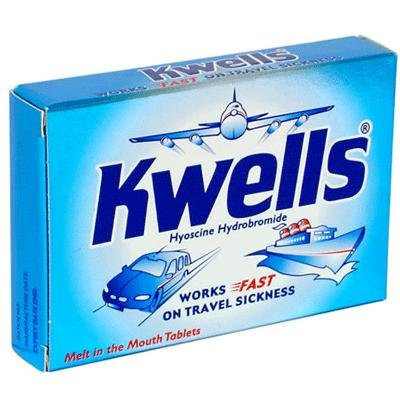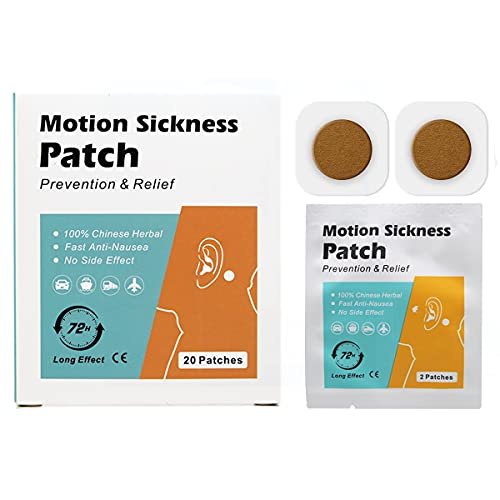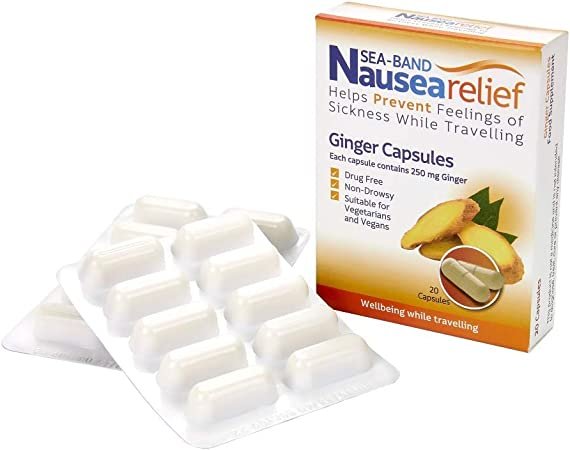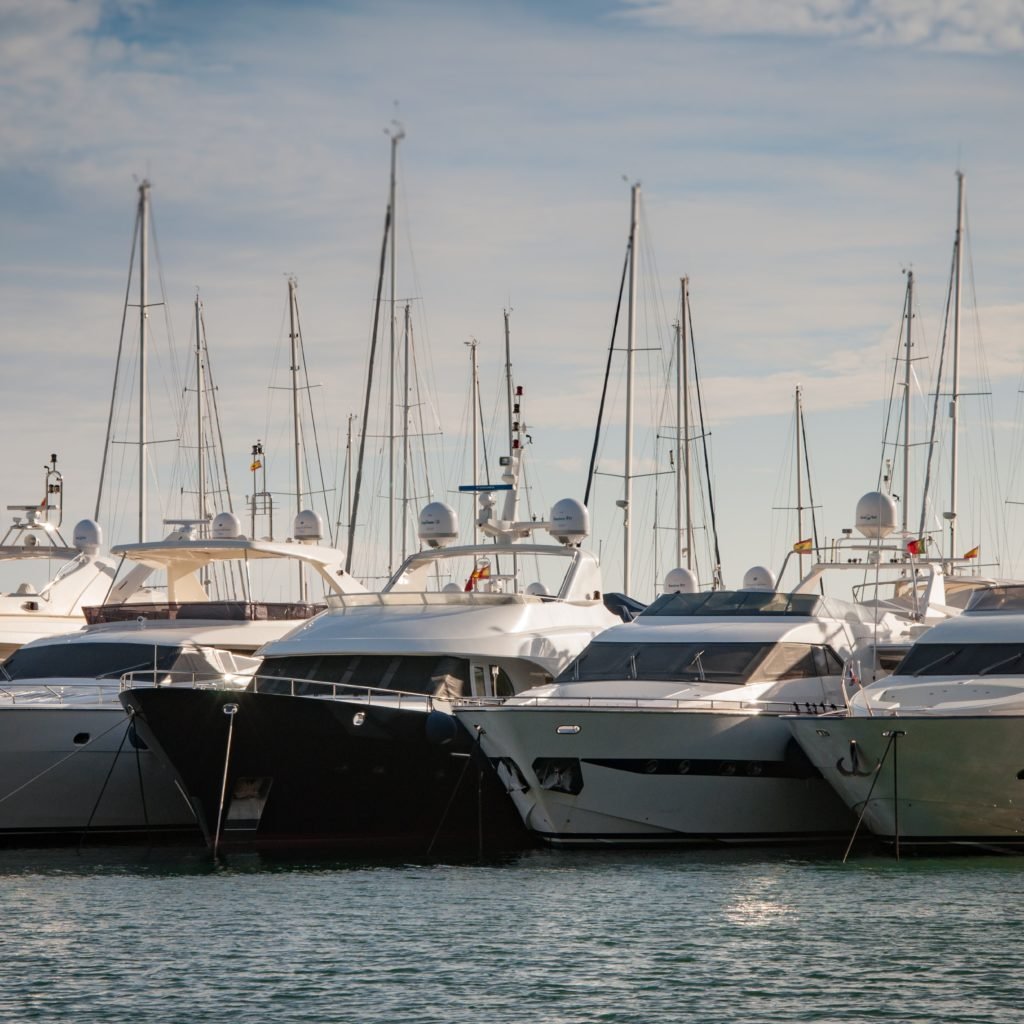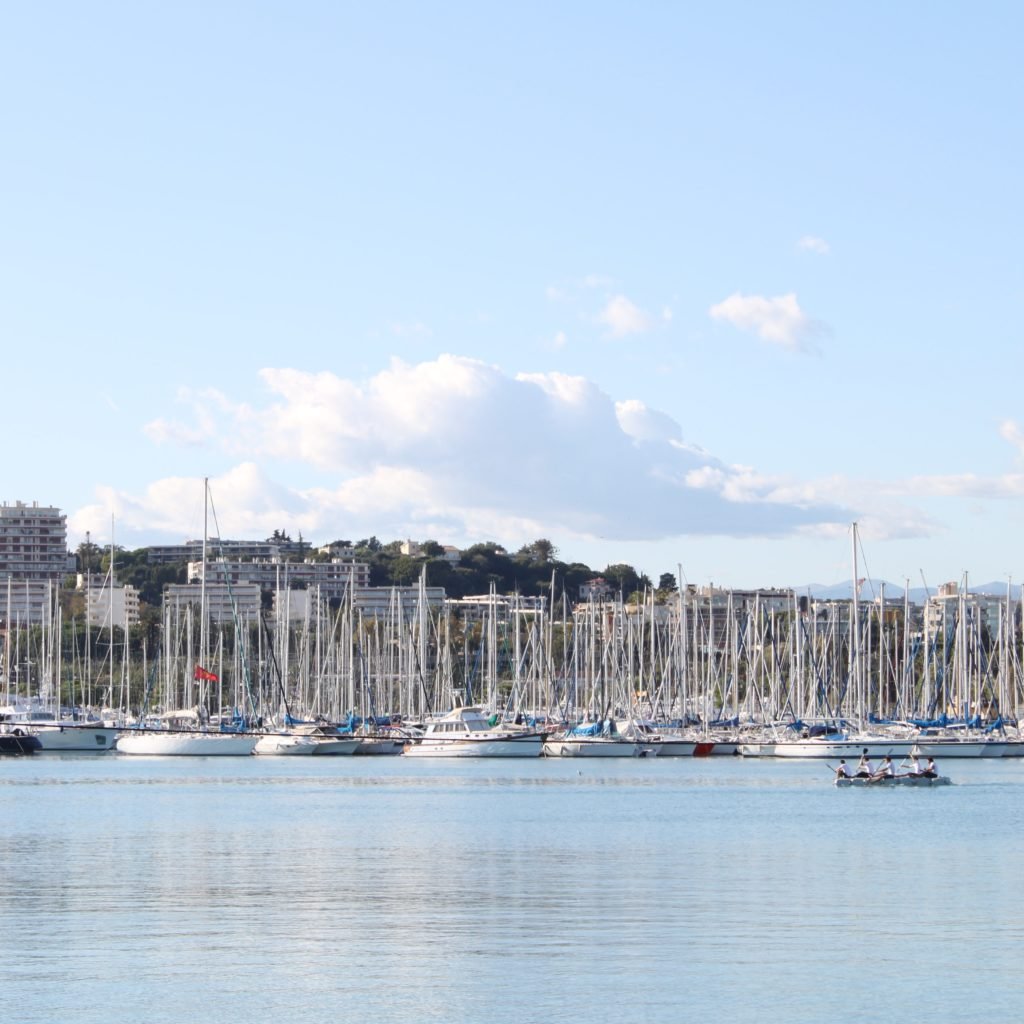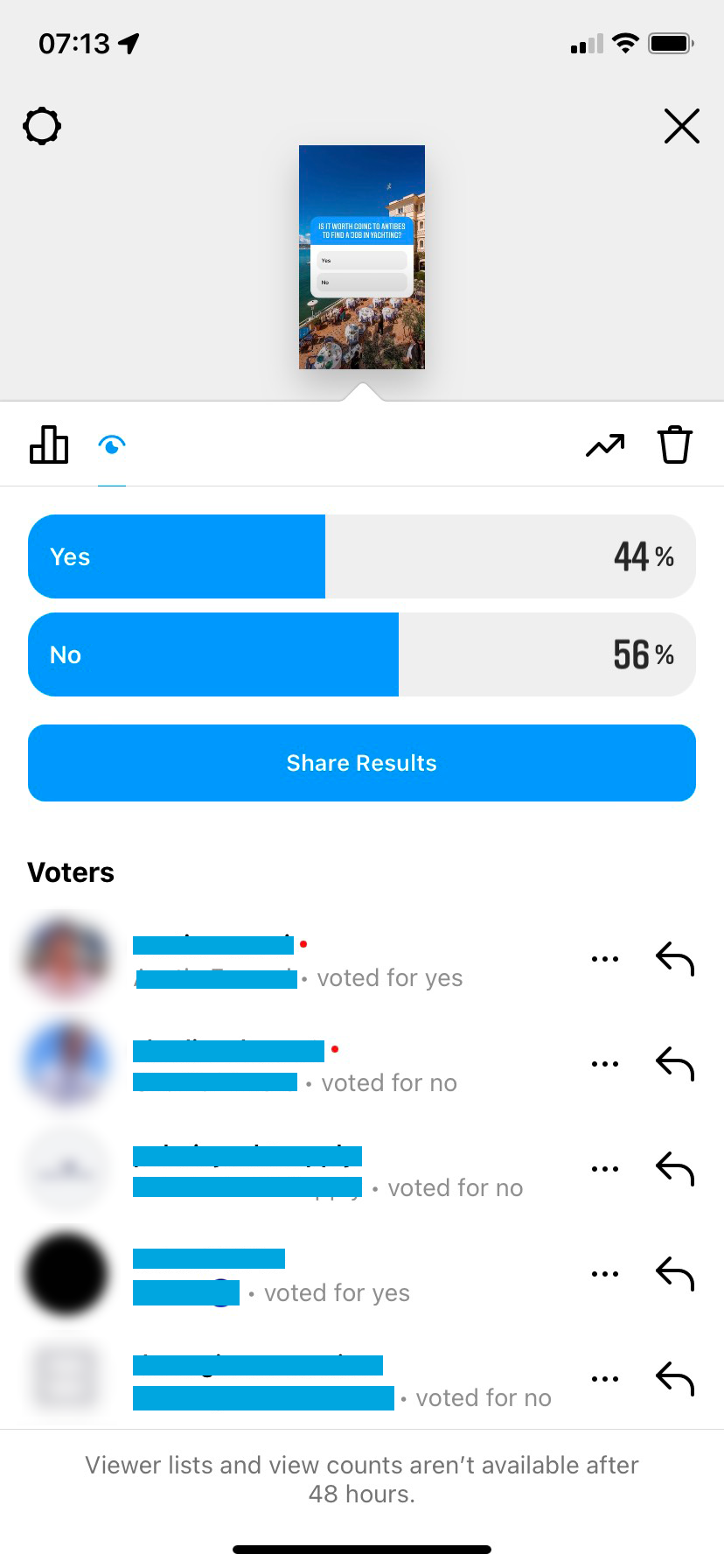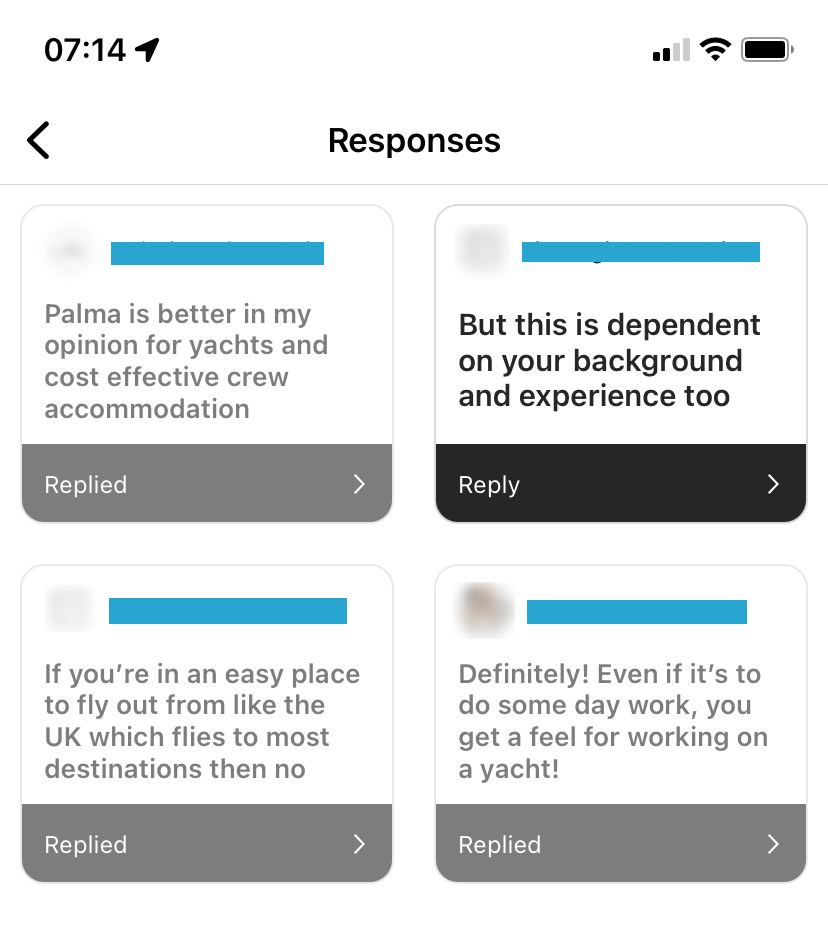CrewPass has already touched on the pull toward yachting in the blog post “The desirable life of a yachtie”, but today we look into the push away from yachting. What drives people to leave the industry? Many positives come with working onboard, like great tips, higher salaries, opportunities for travel and more! However, we also believe it is just as crucial for crew to understand the job’s flaws and how to overcome potential issues that may arise. So this week, we will dive into common yachting problems that repeatedly keep popping up and how to avoid or solve them. Don’t let hardships ruin your experience!
Underpaid, Overworked

The most common problem onboard is too many people are being overworked and do not feel like they are being paid enough. Feeling underappreciated is horrible; throw exhaustion on top of that, and you may feel completely deflated. An unnamed crew member online stated that they worked 17 hours on average per day, which worked out to be three euros an hour! Plus, when the workload keeps piling and pilling with more responsibilities being put on your shoulders for the same wage, you start to question, is it really worth it?
Solutions:
- Have a professional, open conversation with your Captain and avoid bringing emotion into the talk. Don’t come across as confrontational.
- Consider leaving- Work during your notice period and depart on good terms. Sometimes it’s better to leave than stay. Trust your gut.
Avoid:
To avoid this situation, we advise crew to stop taking questionable low-wage jobs out of desperation. Green crew may feel like any job is better than nothing, mainly because they lack experience. However, it’s not worth taking on a job that makes you miserable and taken advantage of!
Preference sheet shenanigans

Unfortunately, in any job, even outside of yachting, you may have to deal with some problematic colleagues; however, how you deal with conflict is what counts! There is always that one guest who demands an item that wasn’t put on the preference sheet and then turns around and blames the crew. Unfortunately, this is more common than one may think, and it has consistently been a struggle getting guests to take the time to correctly complete the sheet before the trip. Guests tend to assume that crew can efficiently “run to the store” when needed or the yacht magically has unlimited storage. Whilst the fault isn’t with the crew member, the anger is taken out on them because the ego of the primary is dented.
Solution:
- If a guest is making a fuss about an item that isn’t on the preference list, you cant seem to get ahold of reaching their charter broker and explain the crisis. The broker will liaise with their client and highlight the reality of the situation.
- Reach out to surrounding agents to see if they can aid and assist you.
Avoid:
When sending out the preference sheets, you can ask, “what would you be most disappointed at if we didn’t have them on board?” Add some examples such as espresso, soy milk, gluten-free bread etc.
Add a disclaimer stating that the yacht can’t guarantee the item will be available during the trip if it’s not on the preference sheet.
Dodgy recruiters and job ads

There has been an increase in fake yacht jobs in the industry, taking advantage of green crew who lack the experience and knowledge about the yachting recruitment process. Many scammers post ads claiming to represent leading companies, asking for money or passport details upfront. Some unlucky crew have fallen victim to identity fraud, embezzlement or something more sinister!
Solutions:
- Do your research! Go on yachtie Facebook groups and ask around on social media to see what others say about the ad/recruiter.
- Ask to see their data protection policies as crew agents use a secure online database, not just an email.
- Go for jobs that offer contracts!
Avoid:
We advise crew to avoid poorly written adverts with spelling mistakes, typos and grammar blunders as that is a likely giveaway that the ad is fake.
Avoid ads that do not offer any contact details, including an address, phone number, email etc.
Difficult crew members

Unfortunately, in any job, even outside of yachting, you may have to deal with some problematic colleagues; however, how you deal with conflict is what counts! When you start a new job on board, you will share tight living quarters and spend most of your time with complete strangers. Without knowing a person’s life or history before stepping onboard, potential threats and risks are always feasible. Although there are many like-minded, great people who join yachting, there may be times when you have to work with a few oddballs or not very agreeable people. Verbal and physical fights can occur onboard, as well as bullying, favouritism, and other issues may occur on board. What can you do to avoid these threats?
Solution:
- Be direct and talk to the crew member about the problem. Calmly approach the conversation with respect and make sure you talk in private.
- Schedule a time to talk to your captain about the issue and respectfully request them to find a solution.
- Remove yourself from the situation- If there is no resolution, sometimes it’s better to cut your losses than to be put in danger or let it affect your mental health. Work during your notice period and part with the vessel on good terms.
- Find a vessel that exclusively hires CrewPass Approved crew onboard. Although our checks can’t anticipate character, work ethic or personality, we can minimise serious danger onboard! Our checks allow Captains to place fully vetted and safe crew onboard. Feel safe knowing everyone onboard has passed a full criminal background check and ID verification.
Avoid:
Blaming and labelling may heighten the threats.
It’s easier said than done but don’t take it personally.
“Working in yachting isn’t easy, and crew may work long hours for months during the season. This should be well known, which is usually why yachties get paid well.”
“Unfortunately, yachting may not be for everyone, and it’s much more mentally and physically challenging than you think.”
- Conrad Empson, Managing Director of CrewPass

